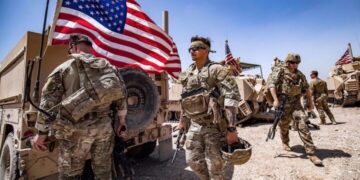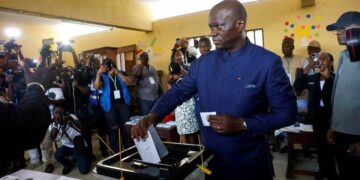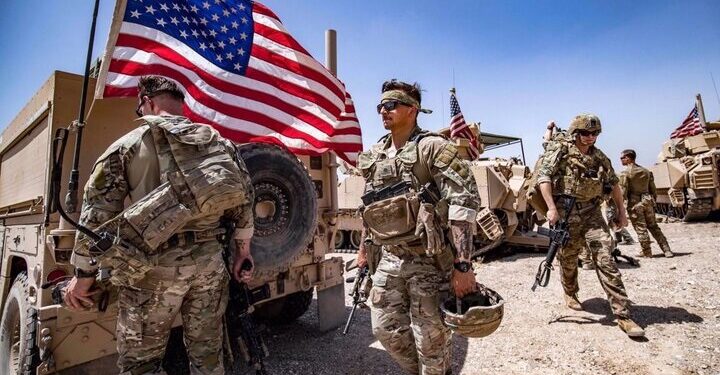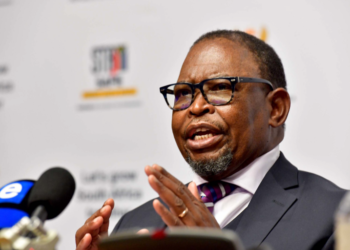By John Ikani
The U.S. Government has categorically denied any plans to establish a military base in Nigeria, even after the recent troop withdrawal from Niger Republic.
This clarification was given by Major General Kenneth Eckman, the lead coordinator at the U.S. Africa Command (AFRICOM), during his visit to Abuja.
“There are no plans for a U.S. base here in Nigeria,” General Eckman stated clearly, addressing widespread concerns. He acknowledged the public’s worries about the potential pros and cons of a U.S. military presence but assured that such a plan is not on the table.
General Eckman explained that his visit to Nigeria wasn’t about establishing a military base, but about broader security cooperation in West Africa, especially in response to growing extremism in the Sahel region.
He noted that although the U.S. is reviewing its regional approach after leaving Niger, there have been no discussions with Nigerian authorities about a U.S. base in Nigeria.
Instead, the U.S. is looking to strengthen ties with regional partners like Côte d’Ivoire and Ghana, focusing on training and joint efforts. Eckman also updated on the smooth withdrawal of U.S. forces from Niger, largely completed, with the final major troop movement on August 5.
Despite this, General Eckman voiced concerns about the worsening security situation in the Sahel and West Africa. He underscored the importance of continued cooperation with regional military partners to tackle the rising threat of violent extremist groups.
Eckman emphasized the U.S. approach of working alongside regional partners, understanding their needs, and supporting them through training, security aid, and capacity building.
On the impact of violent extremism in Nigeria, Eckman noted that both AFRICOM and Nigerian security forces have a shared understanding of the threats and risks. He commended Nigeria’s capable military and police forces, and acknowledged the effectiveness of the Multinational Joint Task Force (MNJTF) in the Lake Chad Basin, led by a Nigerian commander.
However, Eckman also recognized that military action alone cannot solve the issue of terrorism and violent extremism.
He highlighted the need to address underlying causes, such as governance issues, resource competition, and the effects of climate change. The U.S., he affirmed, remains dedicated to supporting its West African partners through diplomacy, trade, investment, and humanitarian aid, in addition to military cooperation.

































